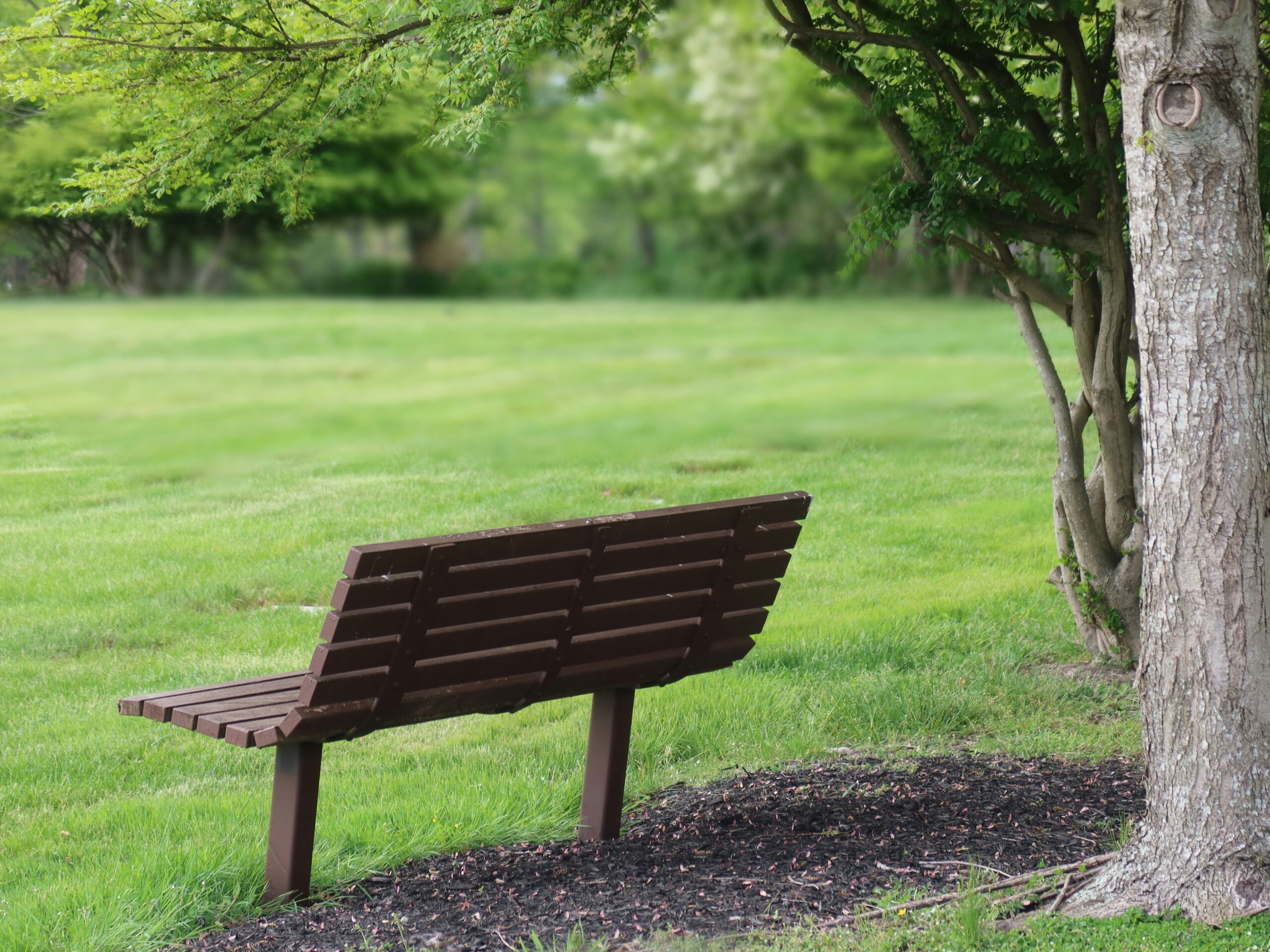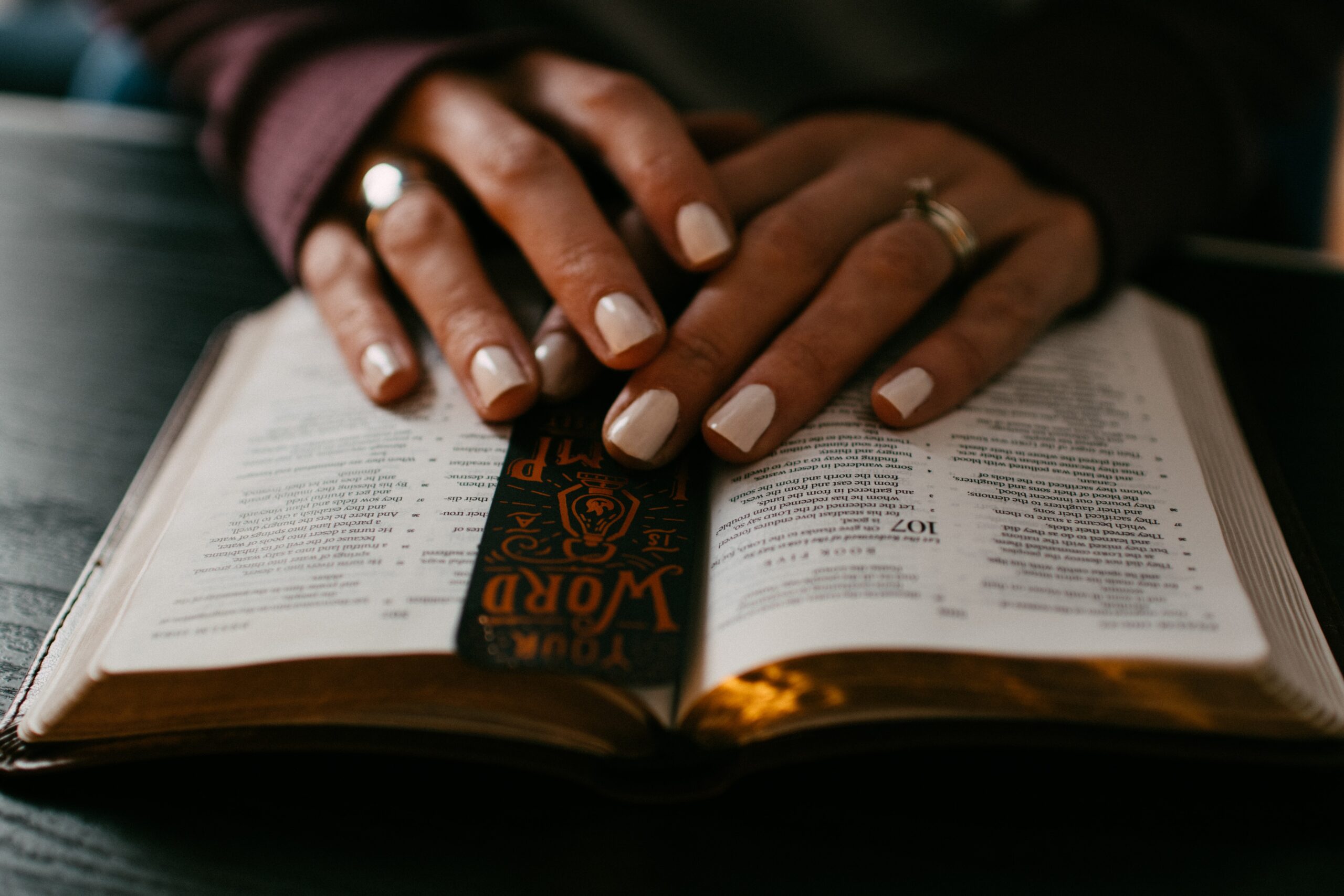The Stewardship of Suffering
AMY SHORE | GUEST Winter crept into my heart early this past year. Weariness gave way to selfish wallowing and introspection as I reflected on hard realities during the holiday season. December 31st, I found myself unable to breathe. A beautiful sand dollar, a Christmas gift from a friend, lay shattered on the kitchen floor. I fell to my knees in despair alongside this visual representation of my current brokenness. January 1st, a morning filled with missed calls and urgent messages: my dad had suffered a heart attack and was undergoing surgery. Then came January 21st when I faced the devastating reality of his death. I couldn’t catch my breath. The Learning Journey “Learning to live in the reality of His presence is the essence of our prayers and our pilgrimage.”[1] For the past year and a half, well before my father passed, I’ve been chewing on that quote from Susan Hunt around the journey to know God better amidst fear and frailty. I long to live more fully in that reality. You may have heard the saying, “God never gives us more than we can handle.” My pride wants this to be true because it means I can pull myself up by my own bootstraps. I’ve tried. My bootstraps snapped....










